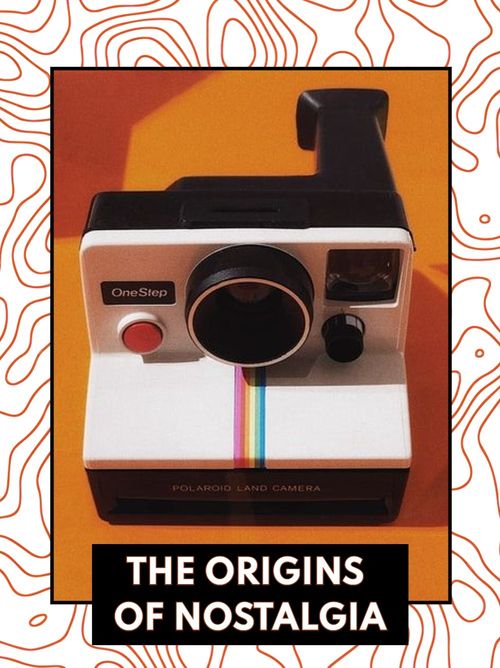Nostalgia: How it works and why it's so damn powerful
Oct 22, 2021 · 2 mins read
0
Share

Nostalgia is a momentary yearning for the past. But even this simple definition took experts centuries to come up with... mostly because nobody was sure how or why we experience it.
Save
Share
The term was coined by Swiss medical student Johannes Hofer in 1688. It roughly translates as “homesickness” in ancient Greek and was inspired by a strange phenomenon Hofer noticed in young Swiss people working abroad.
Save
Share
The concept of homesickness wasn’t new – the French already had a term for it called “maladie du pays” – but this marked the first time it was analyzed as a mysterious medical condition.
Save
Share
Hofer considered nostalgia to be an interference in the brain: an obsession with home that got in the way of new stimuli and experiences.
Save
Share
Most importantly, Hofer recognized that nostalgia is less about the specific thing a person misses but the significance attached to their memories. He didn’t see any cure for it besides returning home.
Save
Share
The trouble is… nostalgia is a homesickness for a place we cannot return to: the past. But with no obvious cause or a solution, doctors largely gave up trying to make sense of it by the 20th century.
Save
Share
Outside of the medical world, philosophers saw nostalgia as a kind of existential longing for authenticity – something we only seem to find by gazing in our own mental rearview mirror.
Save
Share
But by the 1960s, nostalgia was no longer some high-minded concept. Moving around became normalized and the idea of “home” was less fixed. People longed for a time, not a place, and the term went mainstream.
Save
Share
The digital era has seen a boom in nostalgia for one simple reason. Instead of being triggered unexpectedly, it’s a feeling that can now be actively sought out – whether it’s by watching YouTube clips or buying a t-shirt that reminds you of being a teenager.
Save
Share
The power of nostalgia may be best explained as a lack of closure. Events like graduations and going-away parties help us recognize important transitions. But most things slip by without any sense of finality. Simply put: nostalgia is like a sense of loss that catches up with us.
Save
Share
0